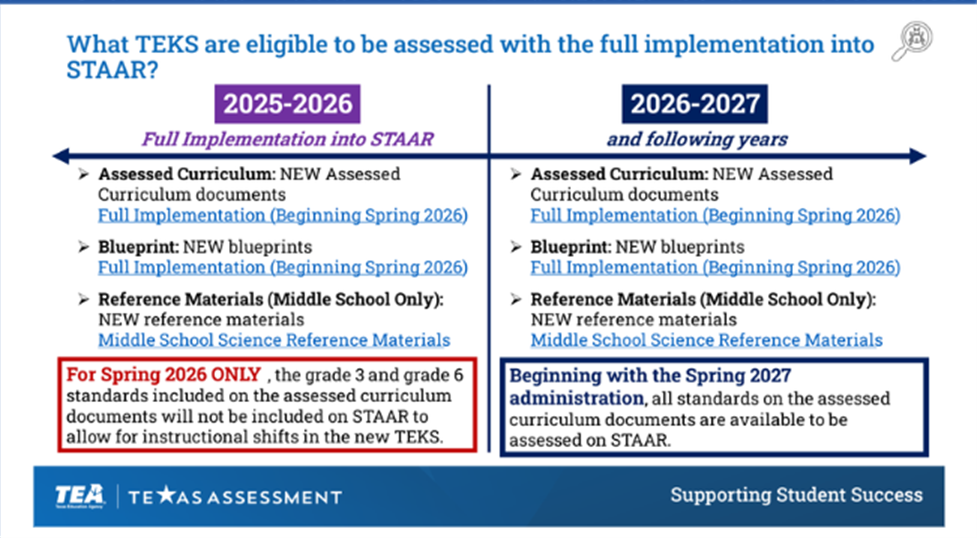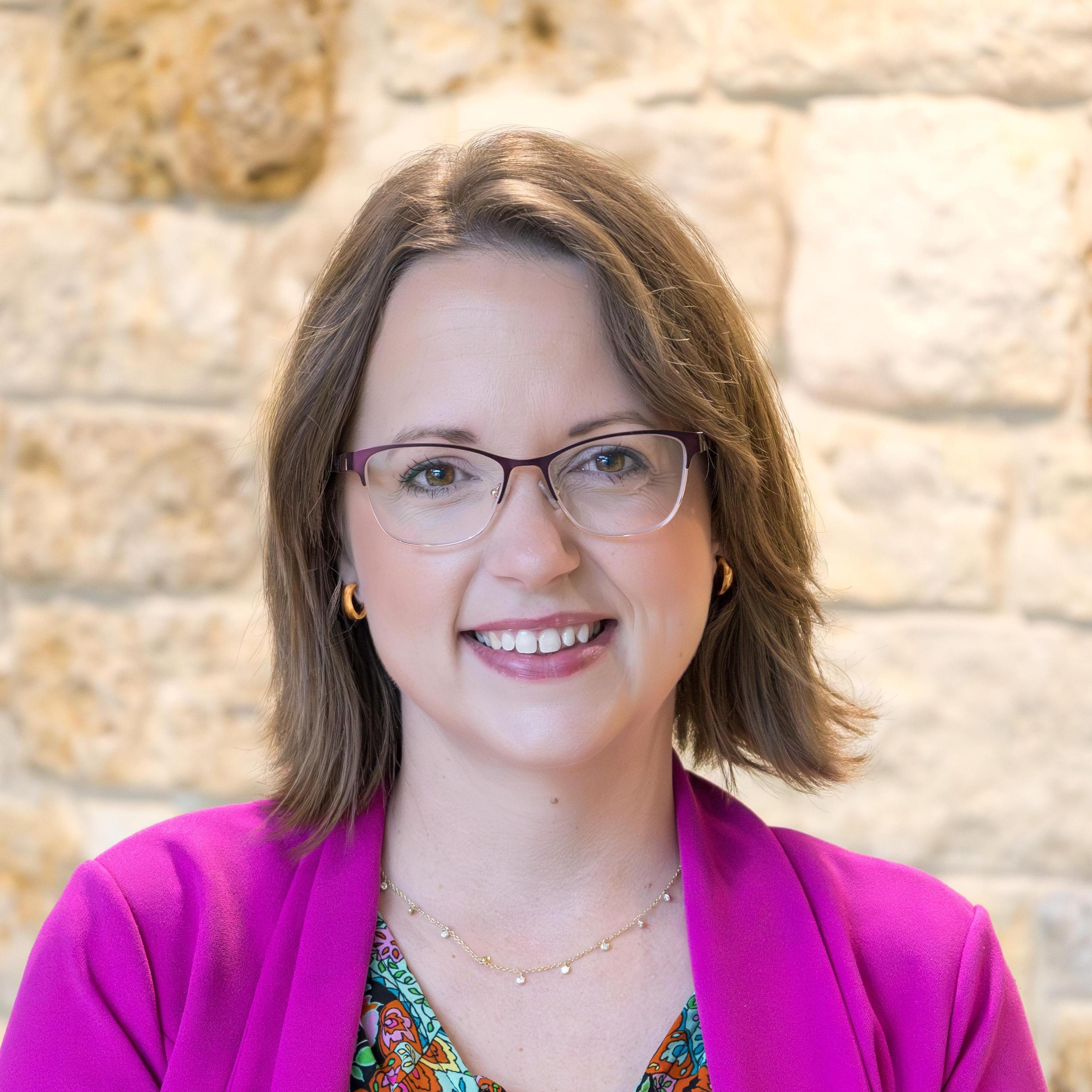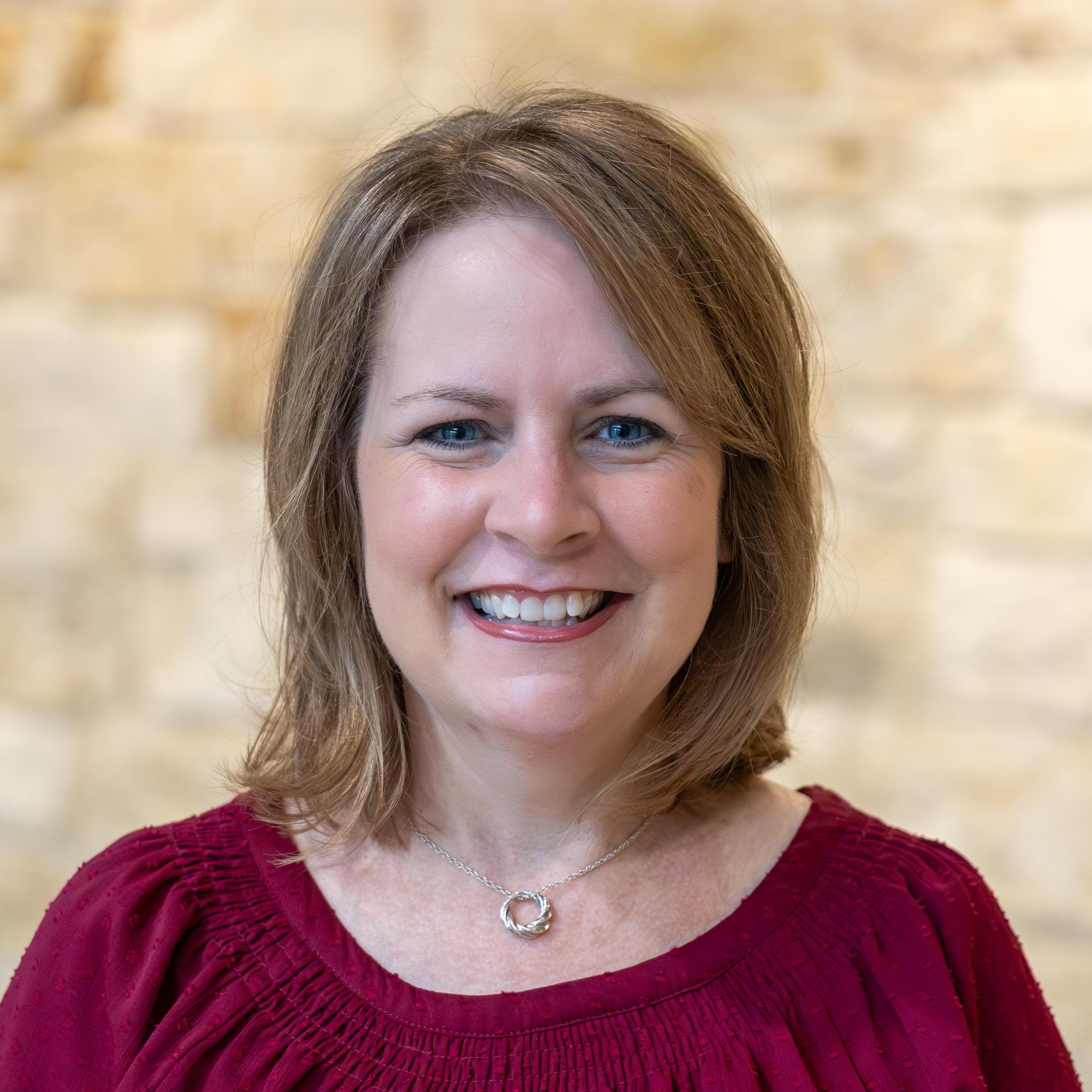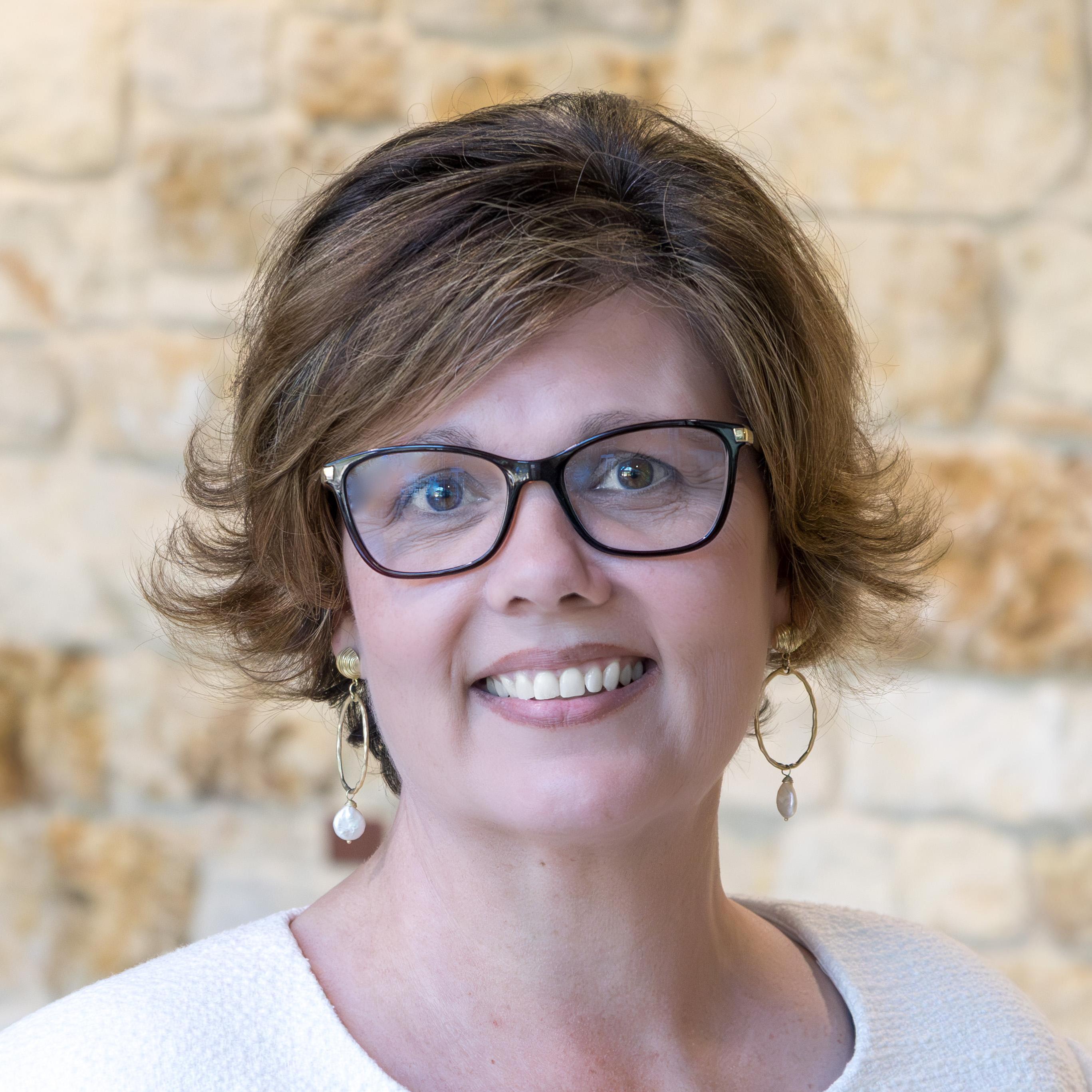Science
The foundation for successful science education has its roots in elementary school. Science themes, content, and practices essential for post-secondary success begin in the primary grades and are expanded and built upon in successive grades. The themes, content, and practices of science are not taught in isolation; they work together to help ensure that students have the knowledge and abilities to participate in society. Likewise, science and the other content fields which make up the curriculum need to be taught in collaboration. Teaching reading, language arts, social studies, and math in connection with science helps to achieve a truly integrated curriculum.
The science team at Region 7 supports success for all students through teacher and administrator education using:
- Workshops that improve content understanding and promote best practices.
- Timely updates of regulations and legislation impacting the science classroom.
- Connecting teachers with real-world learning opportunities for themselves and their students.
Science Workshops and Resources
Click Here to Learn More about the New Science TEKS
Click Here to Learn More about STAAR Redesign
Click Here to Learn More about Instructional Materials
Click Here for Additional Links & Resources









